Released Palestinian children affirm mistreatment, abuse, torture, starvation by Israeli regime
The most recent group of Palestinian children, freed by Israel as part of the truce agreement in Gaza, have shared their accounts in Israeli prisons recounting instances of physical assault, torture, mistreatment, deliberate starvation, and purposeful isolation from news about events outside of the prison.
Qaddoura Fares, leader of the Palestinian Authority for Prisoners' and Ex-Prisoners' Affairs, has characterized the events occurring in Israeli detention centers since October 7 as "war crimes" that were initiated as a form of retaliation.
“The repeated brutal attacks against the prisoners led to the death of six prisoners and the injury of hundreds including wounds and fractures all over their bodies, and the injured were denied treatment,” said Fares.
He underlined the significance of this event, emphasizing that it is unprecedented for such a large number of prisoners to have died within a period of 50 days.
Qusay Taqatqa, arrested at 16, said, “The treatment of the prison administration was barbaric for 50 days,” before being released as part of the exchange deal between the Israeli regime and the Palestinian resistance in Gaza.
According to Taqatqa, he and his fellow prisoners heard about the Al-Aqsa Storm on October 7 on the radio, after which the prison officers confiscated all televisions and radios and “completely changed” the way of their treatment with prisoners.
During the first three days of the truce, 39 Israeli captives were released by Hamas in exchange for 117 Palestinian hostages held in Israeli jails as part of the deal between Hamas and Israel.
On Monday, in the fourth exchange since the truce came into effect, three Palestinian women and 30 children were freed from Israeli prisons in exchange for 11 Israeli captives held in Gaza.
Following his release from Israeli prisons as part of an exchange, Hassan Darwish expressed he was "shocked" by his “unexpected” release.
He described the conditions in which he was held as “dreadful, including abuse, beatings, isolation, and the storming of prisons with police dogs and special units.”
Darwish added hearing about the “genocide and massacre of civilians” in Gaza caused prisoners a lot of pain while all of us “prayed for their steadfastness and for the end of this war that is brutal in every sense of the word.”
The leader of the Palestinian Authority for Prisoners added that the Israeli prison authorities confiscated prisoners’ possessions, adding that, “Prisoners today are shivering from the cold without blankets, pillows or winter clothes. Collective punishment is being committed against prisoners in the occupation prisons, and a meal sufficient for two people is served to ten.”
Fares emphasized the overcrowding of cells subsequent to the passing of a law in Israel that authorizes individuals to be placed in cells with double the normal capacity.
The presence of "armed units and special forces equipped with automatic firearms" within detention centers poses a significant threat, he noted. This tactic is employed to provoke Palestinian prisoners into confrontations, ultimately providing a pretext for shooting them.
Israel launched a deadly offensive against the besieged enclave on October 7, after Hamas carried out a surprise large-scale operation dubbed Al-Aqsa Strom into the occupied territories and Israeli settlements.
According to Gaza officials, seven weeks of relentless Israeli attacks in Gaza killed nearly 15,000 Palestinians, more than a third of them children, and displaced at least 1.5 million.
China ‘firmly opposes’ US military aid to Taiwan
VIDEO | Press TV's News Headlines
President Yoon Suk Yeol to be removed from office
At least 19 Gazans killed by Israeli airstrikes since dawn: Medics
Leader: Iran neither has nor needs proxy forces
US fighter aircraft shot down ‘in friendly fire’ amid aggression on Yemen
Yemeni FM: Israel’s sponsors accountable for ongoing aggression on Sana’a
Eight Palestinians killed as Israel attacks Gaza school, hospitals


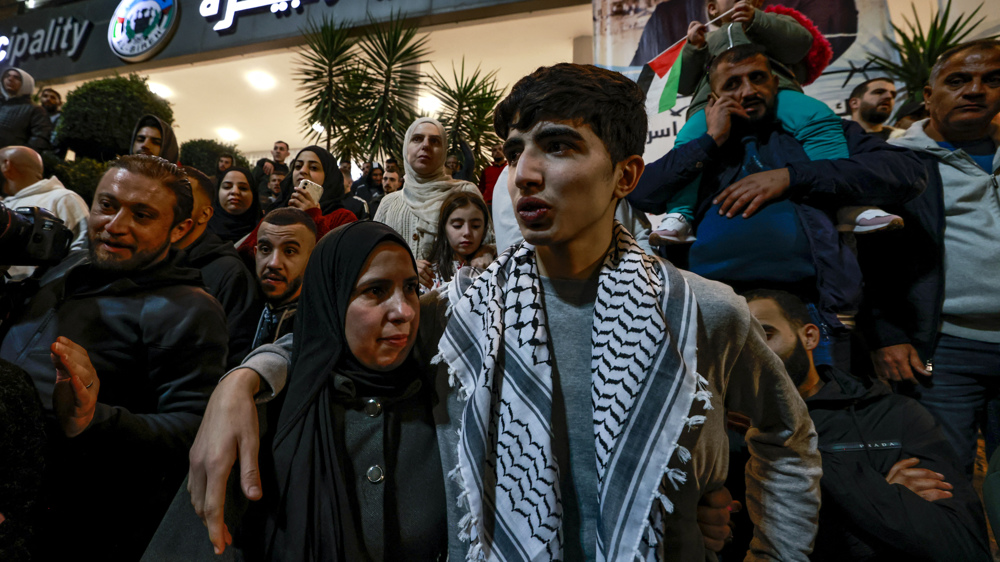
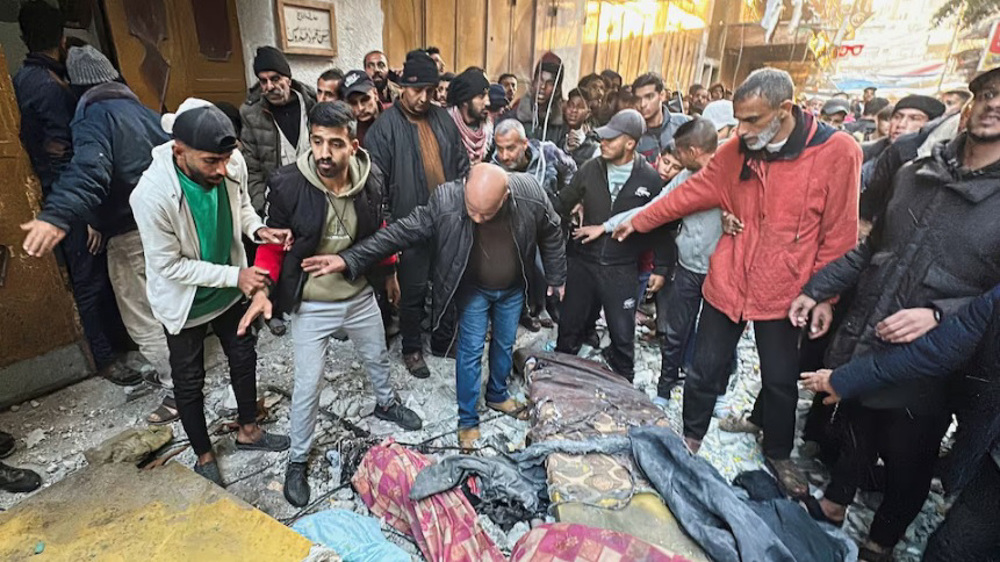
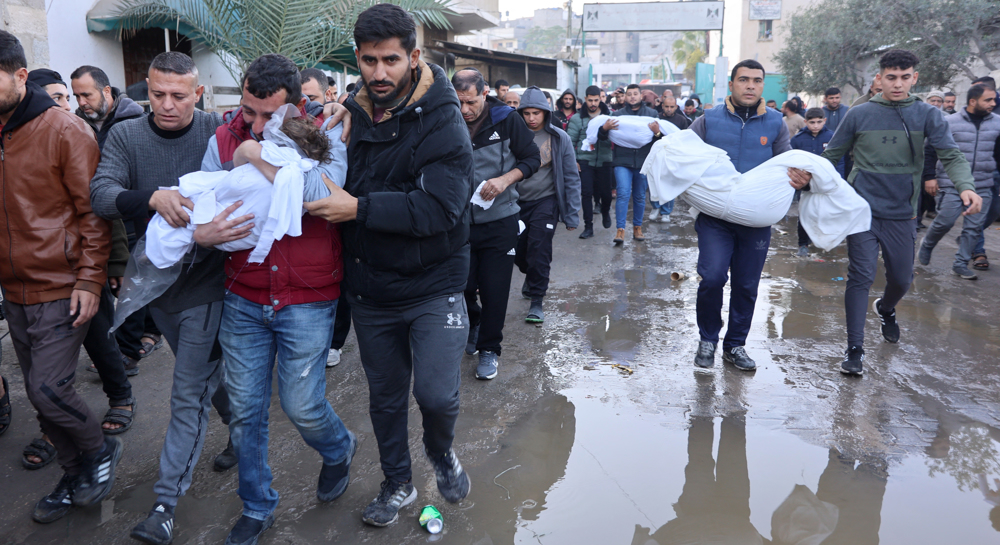
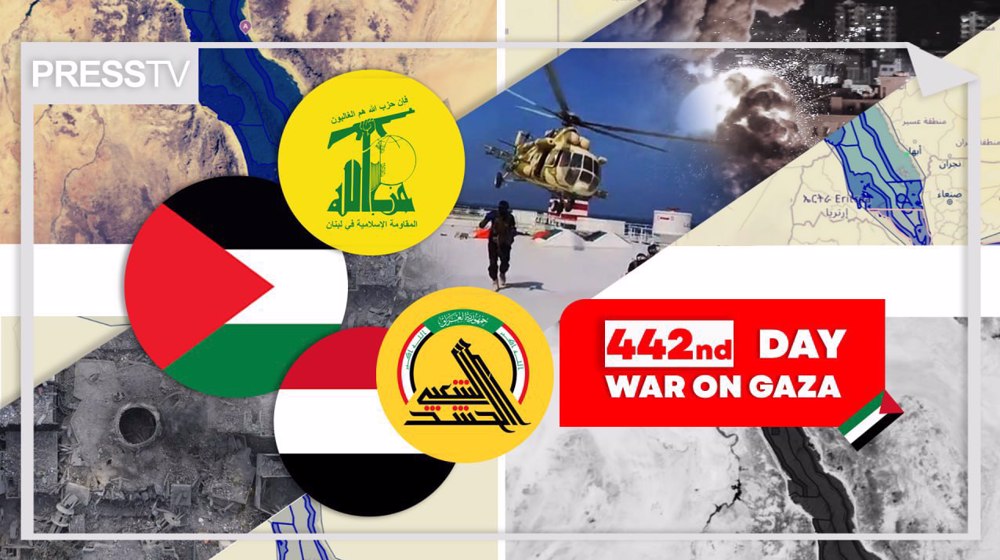



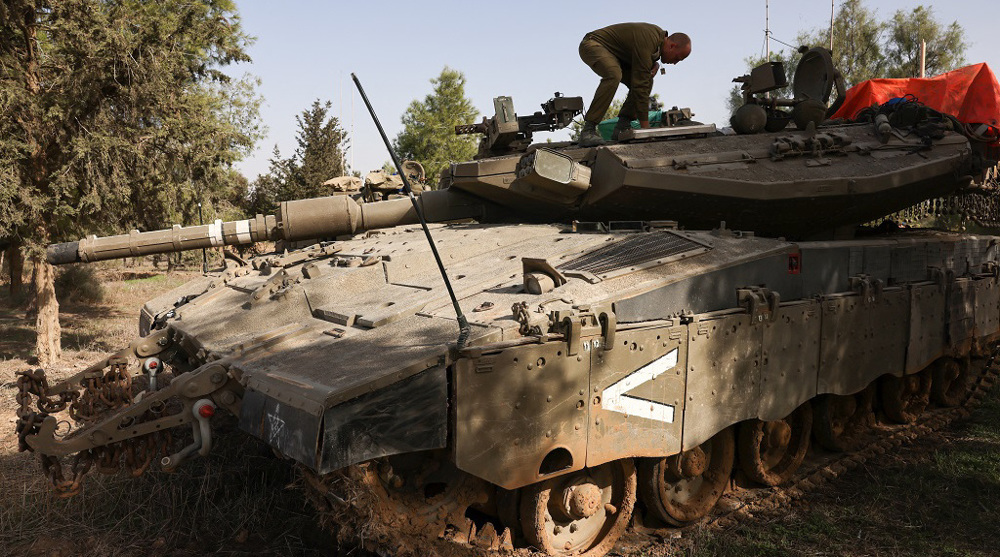
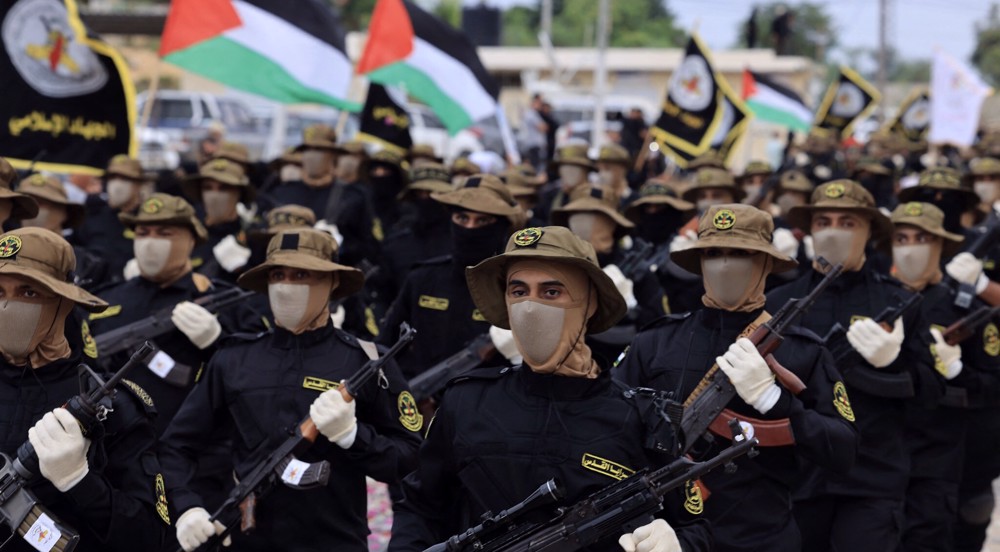
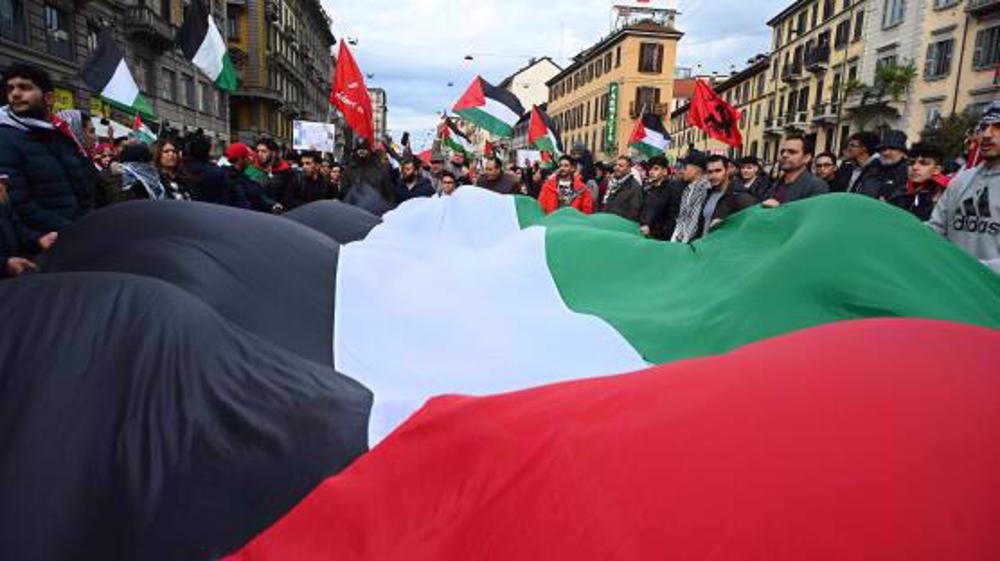
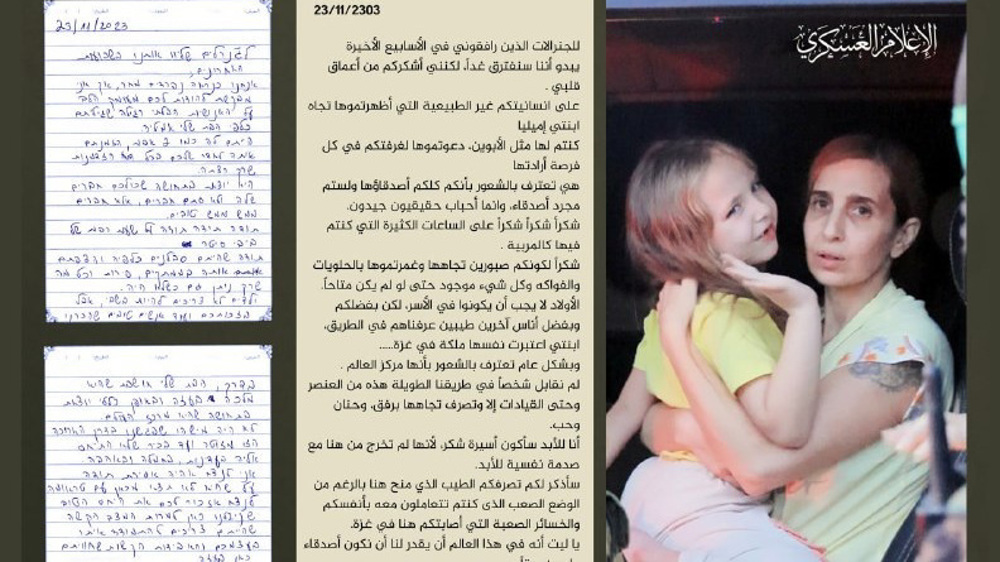
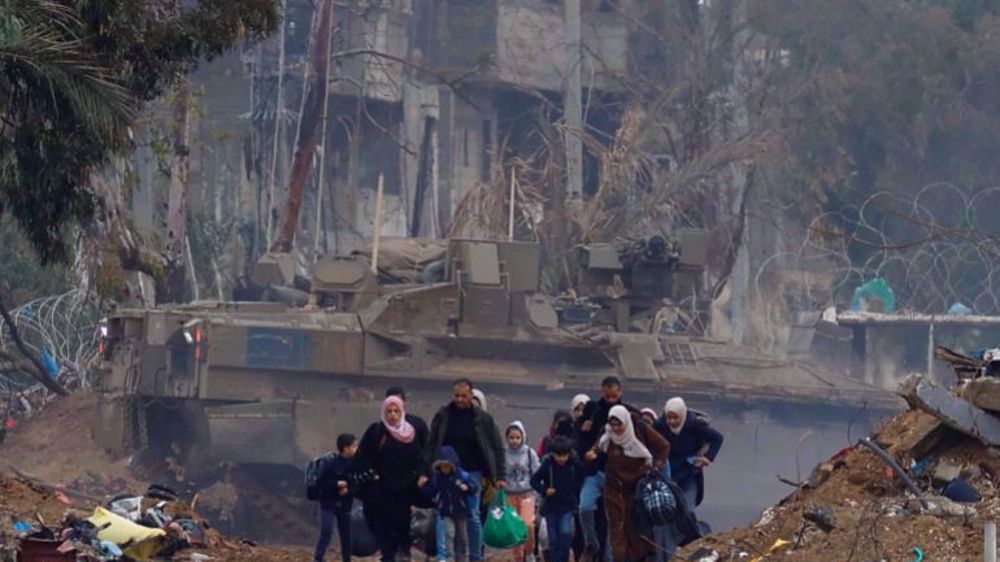
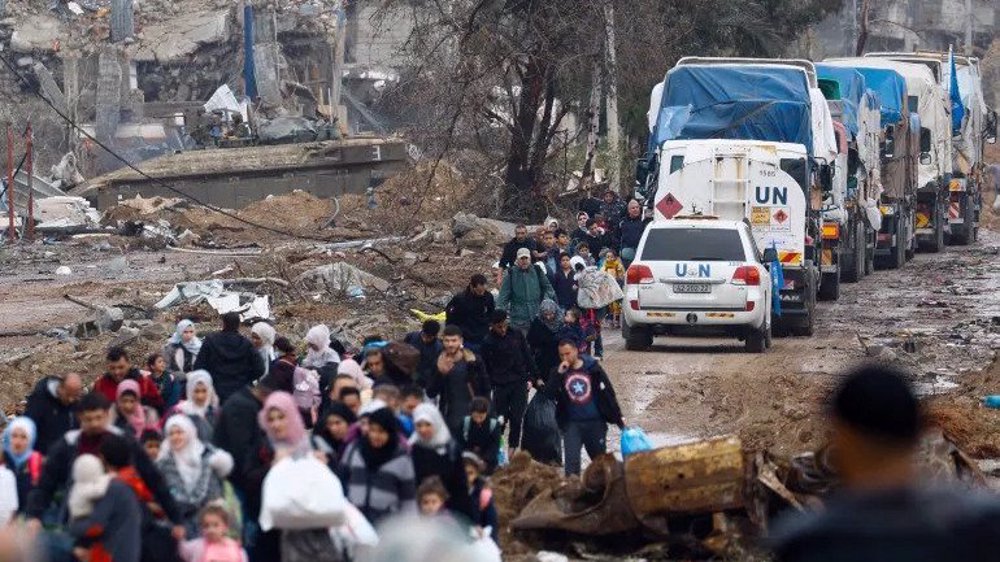

 This makes it easy to access the Press TV website
This makes it easy to access the Press TV website